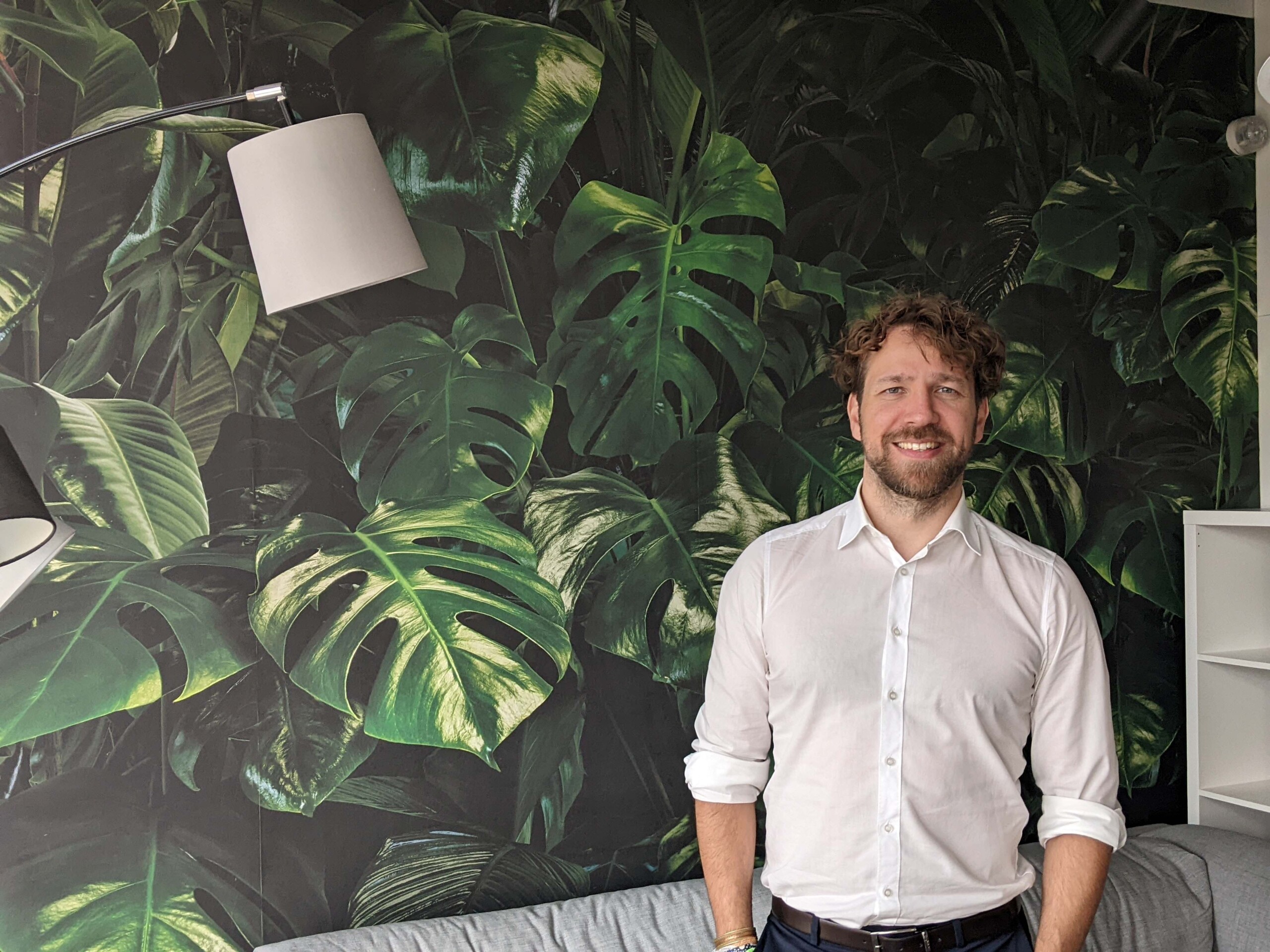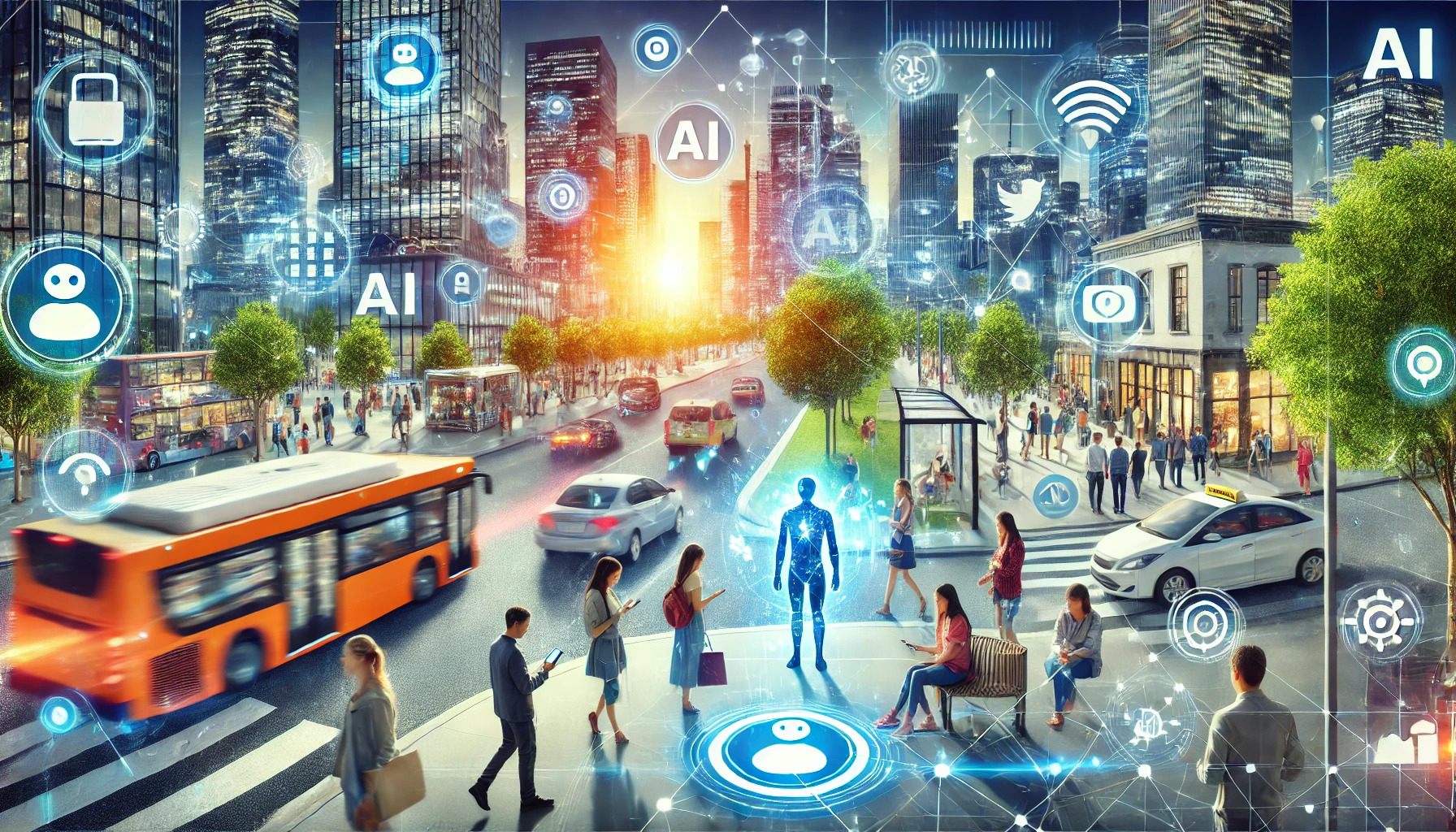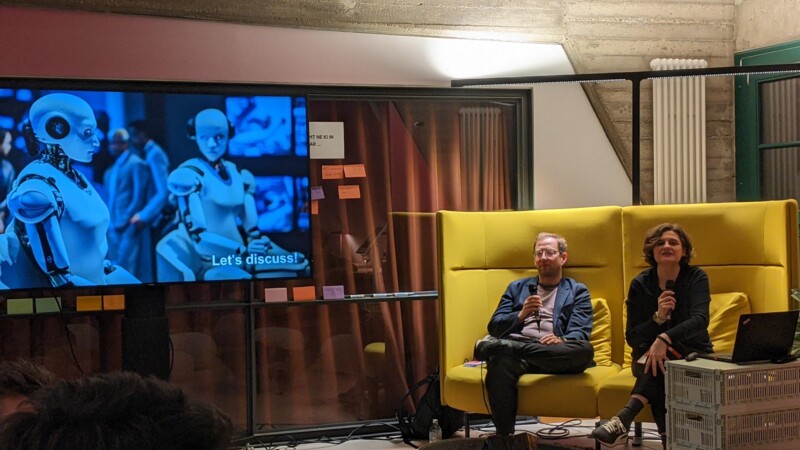However, ChatGPT can be a useful tool when used cautiously. Around 85 per cent of students and 90 per cent of professors use AI to come up with ideas, to do research or to write texts, a non-representative HSBA survey has found. HSBA trains students in dual course of studies in co-operation with around 300 partner companies as part of its role as a Hamburg-based business university. These companies are at the cutting edge of technology, with 57 per cent using generative AI.
But, can the increasing use of ChatGPT lead to fewer reservations about AI? Around 41 per cent of Bitkom respondents especially in the 65+ age group said ChatGPT frightened them. "Most fears about AI centre around possible redundancies or its use in military contexts," Witt said. Many people have not understood the process of generating results. A generative AI model makes connections between words, sentences and facts based on huge amounts of data. Nevertheless, the mere idea of a "learning" machine causes some people to feel uneasy. This is precisely what fascinates other people.





